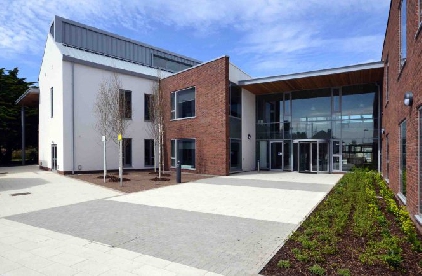
The coronavirus pandemic has impacted Monmouthshire council’s climate emergency strategy, a report has revealed.
In May 2019, Monmouthshire County Council unanimously voted to declare a climate emergency, which included reducing carbon emissions to net zero before the Welsh Government target of 2030.
But despite making progress of 53 out of 68 actions, the coronavirus pandemic has led to slow progress in some areas.
In particular, the current pandemic makes it difficult to encourage the transition to electric taxis.
There’s also been limited progress on an anti-idling campaign at school gates, because schools have been shut for the last three months.
Plans to open a re-use shop and Caerwent recycling centre have also been put on hold.
A council report says: “It is clear that COVID-19 has caused some delays to progressing our climate emergency aspirations, and created some uncertainty over funding.
“However, it has also resulted in a growing recognition nationally and internationally of the need to build climate change into a green recovery.”
The council says that coronavirus has led to improved air quality, a recognition that homeworking can be an effective alternative, meetings can be carried out virtually without needing to drive, an increase in walking and cycling and a better awareness of nature and wildlife.
Some of the areas in which the council has made progress on in the climate change effort despite the ongoing pandemic include ordering two new electric vans for schools catering, installing more electric vehicle charging points, providing financial support towards a repair café in Monmouth, reduced mowing of green infrastructure and funding for a e-bikes.
The report will be considered by full council in Thursday (July 16).


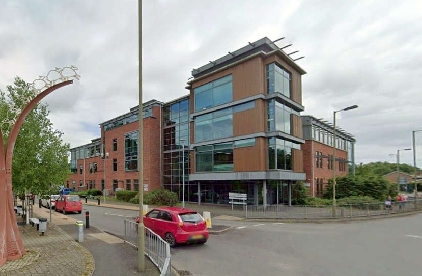 Social landlord plans staff cuts
Social landlord plans staff cuts
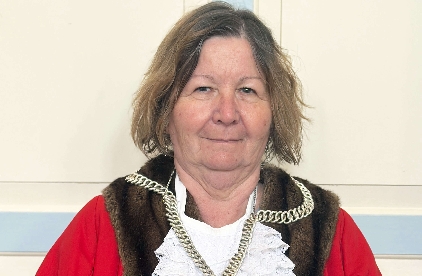 Town council hopes to ‘draw line in the sand’ over collapsed 13th century wall
Town council hopes to ‘draw line in the sand’ over collapsed 13th century wall
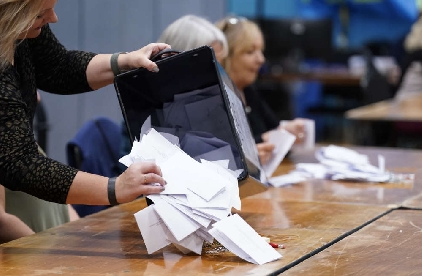 Reform candidate responds to Green party challenge over business connections
Reform candidate responds to Green party challenge over business connections
 Estate plans place for nervous dogs to go for a walk
Estate plans place for nervous dogs to go for a walk
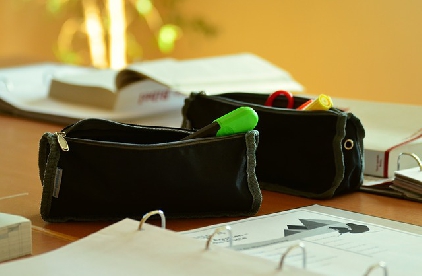 More than 99% of children in Shropshire offered place at preferred primary school
More than 99% of children in Shropshire offered place at preferred primary school
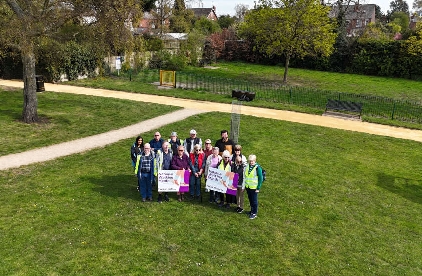 Get ready to walk this May and enjoy the 'Walk This May Challenge'
Get ready to walk this May and enjoy the 'Walk This May Challenge'
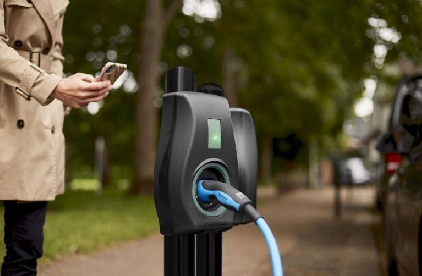 New EV charging points planned for Hereford, Leominster and Kington
New EV charging points planned for Hereford, Leominster and Kington
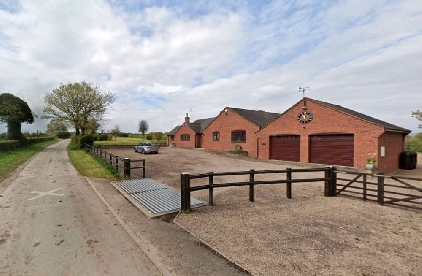 Non-farmers win fight to remove rule from house
Non-farmers win fight to remove rule from house
